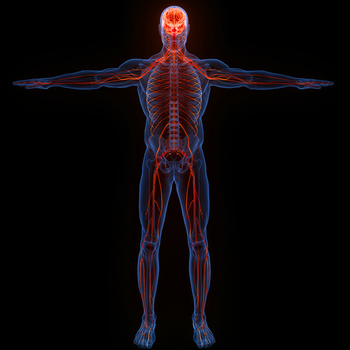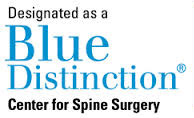When are Neurological Exams Recommended for People with Spine Issues?
When Are Neurological Exams Recommended
Neurological exams are comprehensive assessments used to diagnose and monitor diseases and conditions affecting the nervous system. They can help identify problems with the brain, spinal cord, and nerves that run throughout the body. A wide range of symptoms and conditions can prompt a neurological exam, including:
- Headaches: Chronic or severe headaches, including migraines, might necessitate a neurological exam to determine their cause and rule out serious underlying conditions.
- Chronic Pain: Unexplained or persistent pain in various parts of the body can sometimes be due to nerve damage or dysfunction.
- Dizziness and Balance Problems: Issues with balance, vertigo, or frequent dizziness can indicate problems with the nervous system.
- Weakness or Numbness: Sudden or progressive weakness in the arms, legs, or other parts of the body, as well as numbness or a tingling sensation, often prompts a neurological evaluation to check for nerve damage or neurological diseases.
- Movement Disorders: Conditions like Parkinson’s disease, tremors, and unexplained muscle movements can lead to a neurological exam to diagnose specific disorders.
- Seizures: Episodes of abnormal electrical activity in the brain, such as seizures, require neurological assessment to understand their nature and underlying causes.
- Memory Problems or Confusion: Difficulties with memory, changes in personality, or sudden confusion can signal degenerative diseases like Alzheimer’s or other forms of dementia, necessitating a neurological evaluation.
- Vision Problems: Sudden or unexplained vision problems, including blurred vision, double vision, or loss of sight, can be related to neurological issues.
- Speech or Language Difficulties: Problems with speech or understanding language may prompt a neurological exam to identify potential issues with the brain regions responsible for language.
- Sleep Disorders: Certain sleep disorders, especially those affecting breathing or causing abnormal behaviors during sleep, might require a neurological assessment.
- Changes in Behavior or Mood: Significant changes in mood or behavior without a clear cause can be related to neurological conditions and may lead to further investigation.
- Signs of Stroke: Symptoms such as sudden numbness, weakness, difficulty speaking, or vision problems can be signs of a stroke, requiring immediate neurological evaluation.
The specific components of the exam will vary based on the patient’s symptoms and the condition being investigated. The goal is always to diagnose any underlying issues accurately and to develop an appropriate treatment plan.
What Are These Tests Like
The neurological examination consists of several components, each designed to test different functions of the nervous system:
-
Mental Status Examination:
- Consciousness Level: Assessing the patient’s alertness and responsiveness.
- Orientation: Checking if the patient knows who they are, where they are, and the current time/date.
- Memory: Both short-term and long-term memory are evaluated.
- Language Abilities: Assessing speech clarity, understanding, reading, and writing skills.
- Cognitive Functions: Testing for reasoning, problem-solving, and decision-making abilities.
-
Cranial Nerve Examination:
- There are 12 cranial nerves, and each has specific functions, such as controlling eye movements, facial sensations, hearing, and swallowing. This part of the exam tests all of them for proper function.
-
Motor System Examination:
- Muscle Strength: Checking for muscle strength throughout the body.
- Muscle Tone: Assessing the resistance of muscles to passive movement.
- Coordination and Gait: Evaluating the ability to perform coordinated movements smoothly and observing walking patterns for any abnormalities.
-
Sensory Examination:
- Testing for sensitivity to touch, pain, temperature, and vibration in different body parts.
- Assessing the sense of position (proprioception) of the limbs.
-
Reflex Examination:
- Deep Tendon Reflexes: Checking reflexes in the arms and legs to assess the integrity of the reflex pathways through the spinal cord.
- Pathological Reflexes: The presence of abnormal reflexes can indicate neurological problems.
-
Balance and Coordination Tests:
- Assessing the ability to maintain balance in various positions and perform tasks that require coordination, such as walking in a straight line.

